No-show Messi has dodgy hammy? Pull the other one, says China
David Beckham’s club has been accused of being part of a ‘black hand’ plot to undermine the Chinese Communist Party.
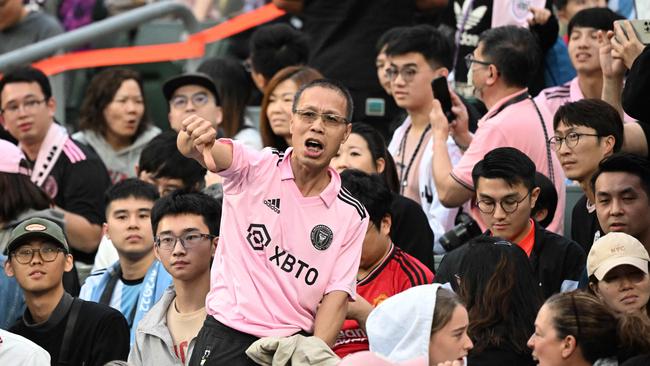
Hong Kong officials and Beijing’s state media have accused the world’s most popular footballer Lionel Messi of being part of a “black hand” plot to undermine the Chinese Communist Party after he sat out a friendly game because of a hamstring injury.
The Argentine superstar’s sprightly appearance in a game in Japan three days after he missed the widely promoted, sold-out match in Hong Kong triggered outrage in China.
It has left Messi, his team Inter Miami and the team’s co-owner David Beckham facing a potential consumer boycott amid outlandish claims of CIA involvement. There has been speculation a game by Argentina in China in March will soon be cancelled.
Regina Ip, the convener of the Hong Kong government’s executive council, said Messi should “never be allowed to return to Hong Kong”. “Hong Kong people hate Messi, Inter Miami and the black hand behind them for the deliberate and calculated snub to Hong Kong,” Ms Ip posted on social media.
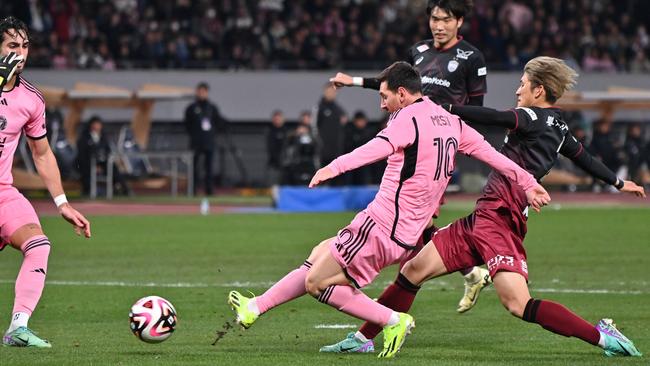
China has a history of government-stoked consumer boycotts. Yaling Jiang, a Chinese consumer consultant at ApertureChina, said the football fiasco could be hugely costly to Messi’s commercial ties in China, which include coffee chain Cotti, baijiu brand ChiShuihe and dairy maker Yili.
She said Chinese social media had become a “war zone” after Messi played in Japan three days after the Hong Kong no-show.
One of those fuming online was Global Times columnist Hu Xijin. “So his injury healed as soon as he arrived in Japan? That makes no sense,” Hu said.
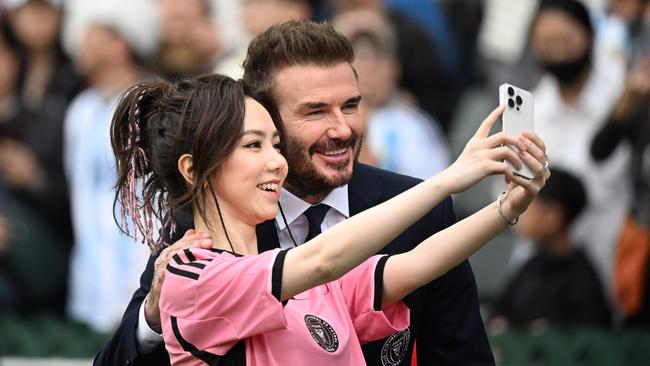
Thousands of fans at Hong Kong Stadium had travelled to the game from mainland China to see what was promoted as an “an all-star line-up of unparalleled greats of the game”.
The most expensive tickets sold for more than $900.
Messi’s face was ubiquitous in the weeks before he, Beckham and the rest of the Inter Miami team flew into the city on a private jet. Messi’s image was even emblazoned on the sails of a junk sailing across Hong Kong’s Victoria Harbour.

One Hong Konger, Elaine Law, told local media she “felt like a fool” for paying HK$2200 ($430) to go to the game.
Hong Kong’s leader, John Lee, said his government had tried unsuccessfully to get Messi to address fans to explain why he did not play in a match that ended with the crowd chanting “Refund”. Messi has said he was suffering from an inflamed hamstring.
The city’s Beijing-backed media has canvassed various theories involving “foreign forces”.
Communist-backed mouthpiece Ta Kung Pao suggested that the CIA might have played a role, noting in a front-page article that the father of the club’s founders was a Cuban exile who “fled to Miami in 1960 and worked extensively with the CIA”.
By Thursday, Chinese footballer Xu Zexin claimed on Chinese social media site Weibo that the Chinese Football Association had “suspended co-operation with the Argentinian Football Association”. Xu also claimed that “Argentina’s trip to China in March is likely to be cancelled”.
Why didn’t Messi play in Hong Kong or participate in the handshake with HK chief executive?
— Hu Xijin 胡锡进 (@HuXijin_GT) February 6, 2024
And why did he smile, run freely and looked fit in Japan?âš½ï¸
Many Chinese fans bought high-priced tickets&went to HK specifically for Messi. They deserve a formal explanation & apology. pic.twitter.com/uBcAyqa302
The invective has been just as scornful in Hong Kong’s English-language press.
Yonden Lhatoo, managing editor of the South China Morning Post, said Messi had deliberately avoided shaking the hand of Hong Kong’s chief executive after the match. “We might as well have been looking at a pouty little ballerina in a tutu throwing a childish sulking fit,” Lhatoo wrote. He said he and many in the city hoped Messi, Beckham and their teammates would soon get their “just desserts”. “There’s a long list of big celebrities and brand names who have discovered, to their regret, that offending the Chinese public comes at a substantial price.”


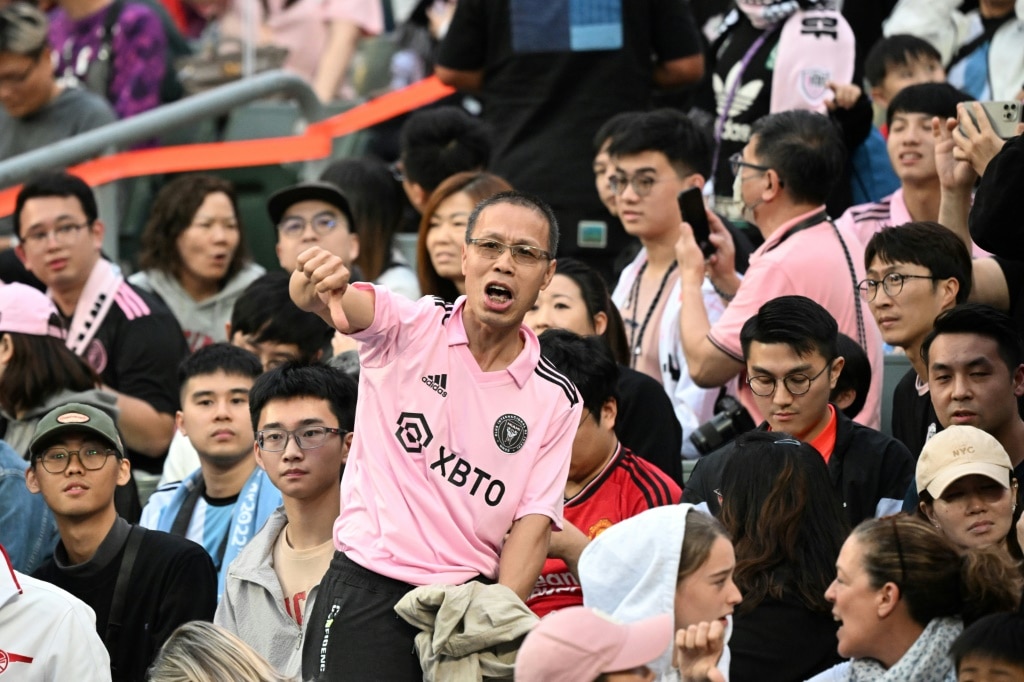
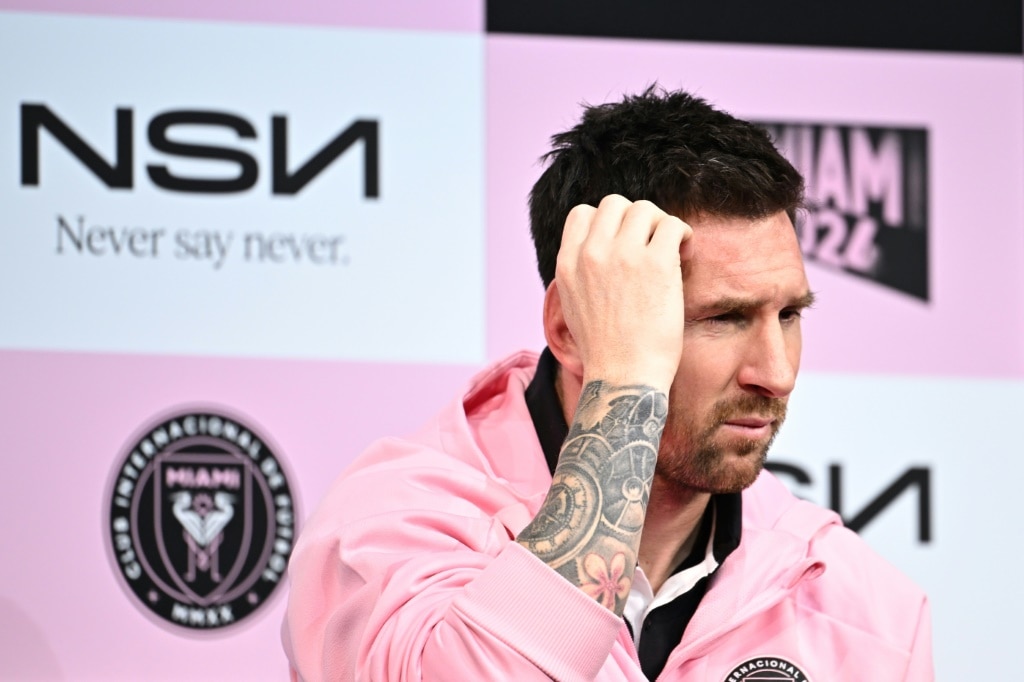
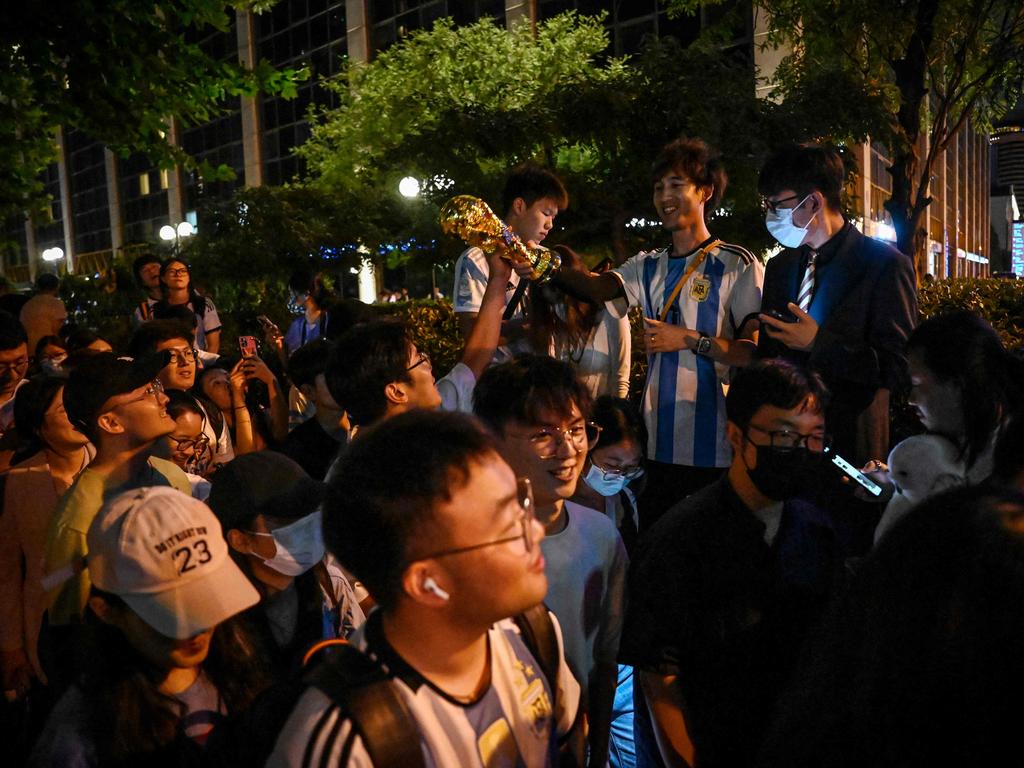
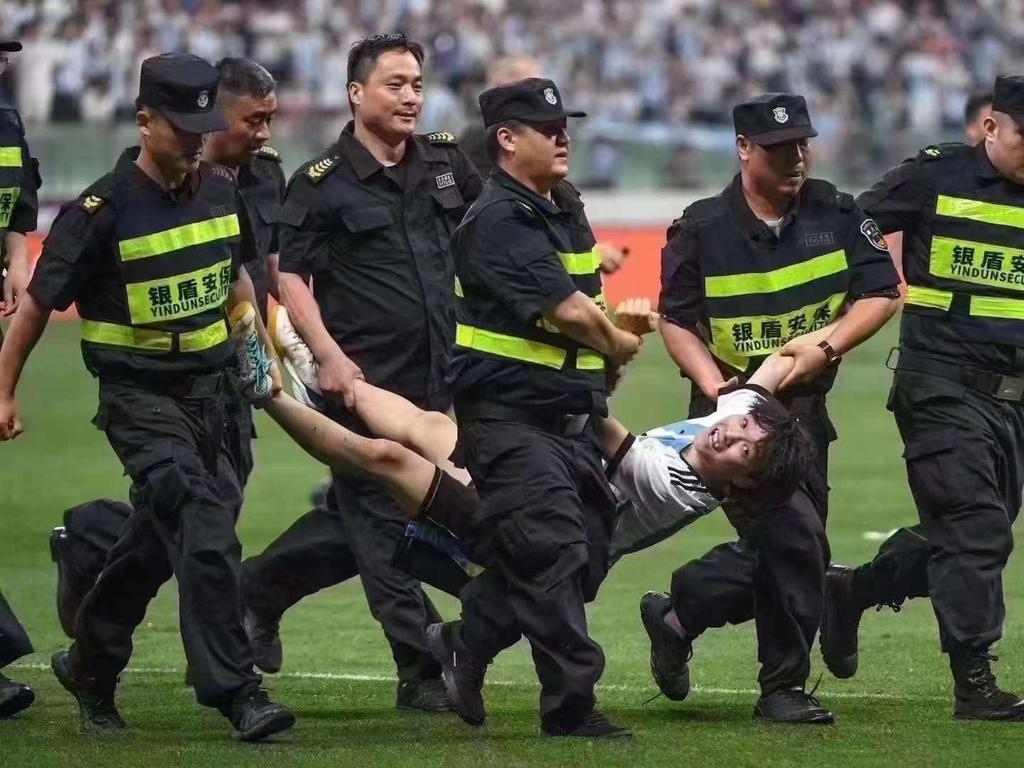


To join the conversation, please log in. Don't have an account? Register
Join the conversation, you are commenting as Logout